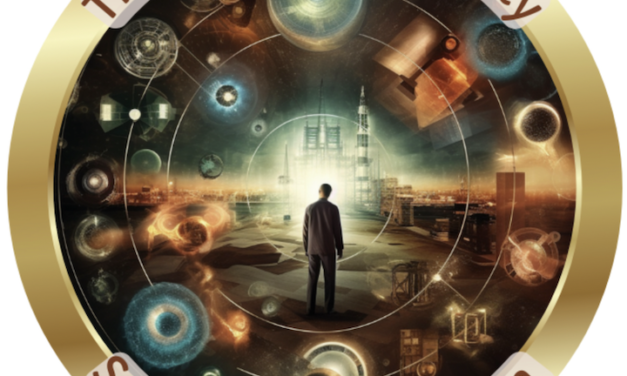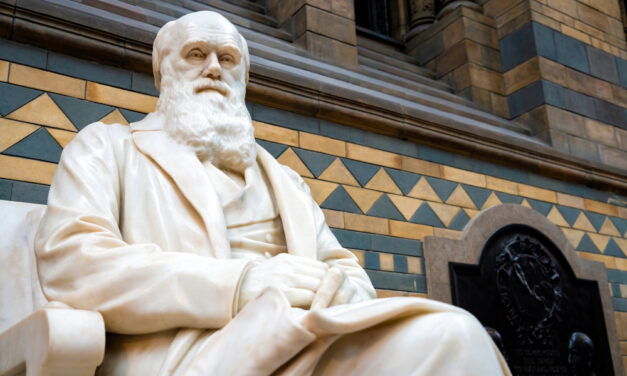Artificial Intelligence: Opportunity, Threat, or Hype?
Explore the Evolution and Impact of Artificial Intelligence: From Ancient Myths to Modern Challenges. This comprehensive article delves into the history of AI, its development through three distinct waves, and its ethical implications. Ideal for those interested in the intersections of technology, ethics, and human advancement.
Read More





